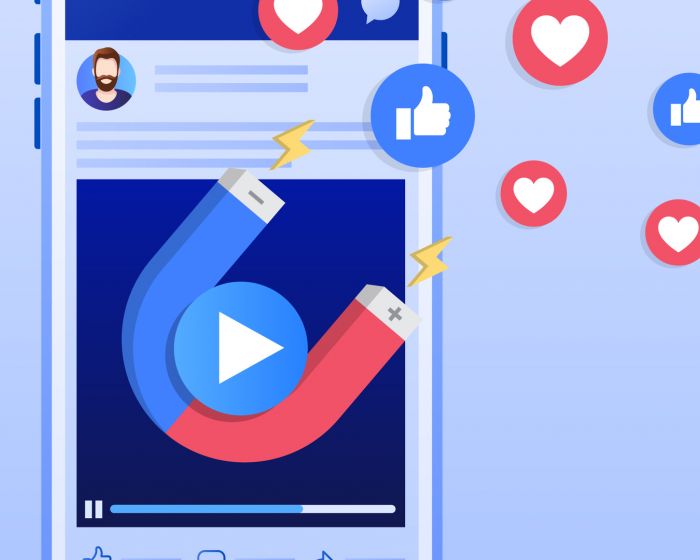What is SEO?
SEO, which stands for Search Engine Optimization, is a set of rules that optimize your website to rank higher in organic search engine results. This is the process you should follow to improve your website's visibility in search engines and get more traffic.
SEO serves two primary purposes. The first is to understand users'
needs online and create quality content that meets their expectations. The
second is to create a website that search engines can index and understand.
Good SEO practices are a great way of increasing the quality and usability of websites by making them more user-friendly, faster, easier to navigate through, and with improved functionality overall.
These are the most important SEO tasks:
· Recognize what users are looking for concerning your products or
services.
· Create content that makes users happy
· Different SEO techniques can provide the right signals for search engine crawlers and algorithm developers through different methods.
Why is SEO important?
SEO marketing is crucial in today's highly competitive market.
Millions of people use search engines every day to find answers to
their questions and solutions to their problems.
SEO can be a great way to get targeted traffic from search engines
to your website, blog or online store.
SEO is crucial because:
Most search engine users (over 70%) will click on one of the top five
suggestions in the SERPs (search engine result pages). Your website must be in
the top five positions to take advantage of this opportunity and attract website
visitors or customers to your online shop. SEO is more than just about search
engines. Good SEO practices can improve the user experience and usability of
websites.
Trust is built by users who trust search engines. Having a website
in the top spots for keywords searched increases trust.
SEO is a great tool for the social promotion of your website.
Searches for your site on Google or Bing will lead to more people sharing it
via Facebook, Twitter, and other social
media channels.
SEO is essential for the smooth operation of large websites, and
can also be beneficial for websites with multiple authors. They can increase
organic traffic, and they have an indirect benefit of having a common framework
to use before publishing content (for example, checklists).
SEO can help you stand out from the crowd. It can also make you
more successful if two of your websites sell the same product.
A guide to SEO for beginners
For beginners to SEO, the above definition might seem complicated.
Search engine optimization, in simpler terms, is the process of
improving your website to appear higher in search results from Google, Yahoo
and other search engines.
Complex algorithms determine the order in which Google returns
results when you search for something on the internet.
These algorithms decide everything, including whether your website
will appear on the first, second or third page (and so on) of the search engine.
Search engines give you an edge over optimized websites and
increase your chances of ranking higher.
What are the key stages of Search Engine Optimization?
As mentioned earlier, SEO is not static, but rather a framework
that has rules and processes.
SEO can be broken down into three main types for simplicity:
Tehnical SEO: With technical SEO, you need to ensure that search engines can index and crawl your website quickly.
On-Site SEO: Rules to follow and content to make your site search engine friendly.
Off-site SEO: How to promote your blog or website so it ranks higher in search results.
Technical SEO
Technical SEO is the first stage of the SEO process. As the name suggests, technical SEO has nothing to do with actual website content or website promotion methods.
This is about the settings you must configure to make it easier for search engine crawlers. Most of the time, once your technical SEO is done, you won't have to do it again.
However, problems with indexing or crawling can have a negative impact on your rankings.
On-site SEO
The second stage is called on-page SEO. On-page SEO deals primarily with content and other elements on a page.
On-page SEO is not technical or off-page. Its main purpose is to give search engine crawlers sufficient signals so they can understand the meaning of your content.
Search engines don't read pages like humans, so they look for signals to determine what the page is about.
Off-site SEO
The third stage is called off-page SEO.
You can make changes to your website (on-site SEO) to increase its ranking in the SERPs. However, there are other ways to improve your website's ranking.
As you can see, SEO is essential for any website. To discuss your SEO needs with a member of our team, get in touch today.








